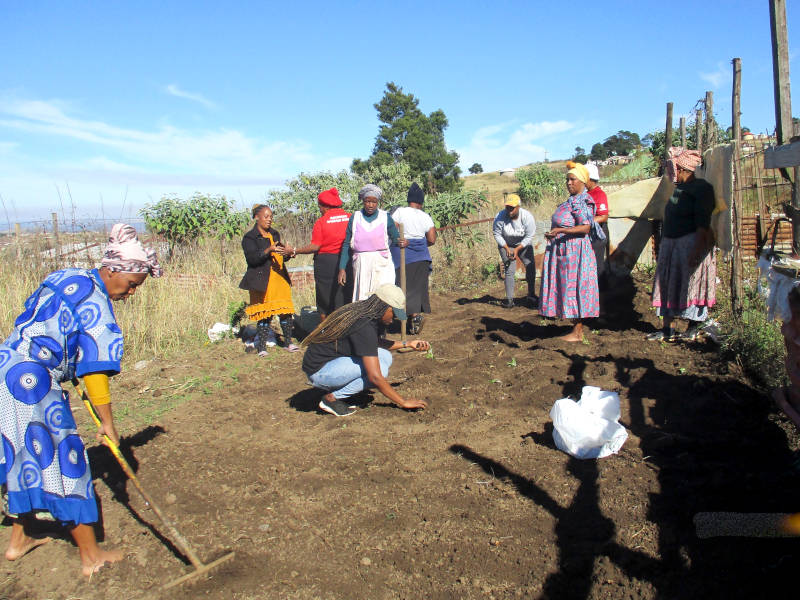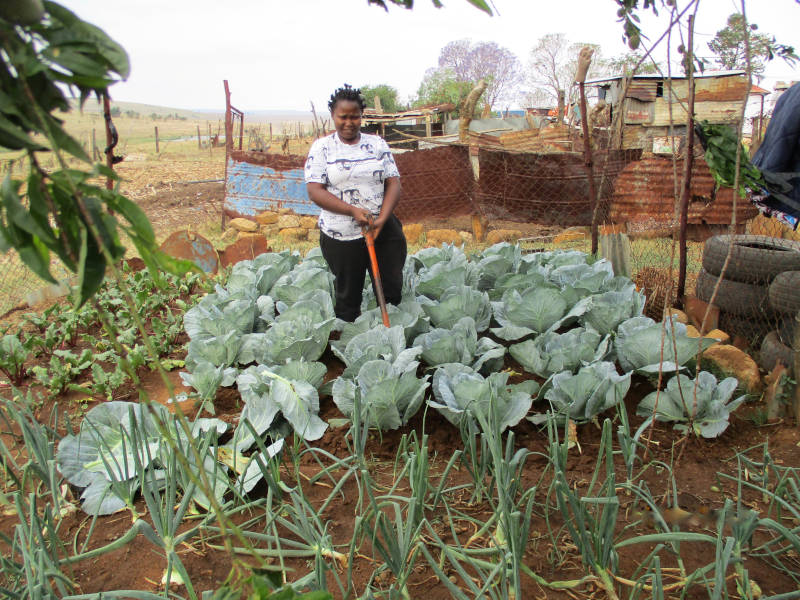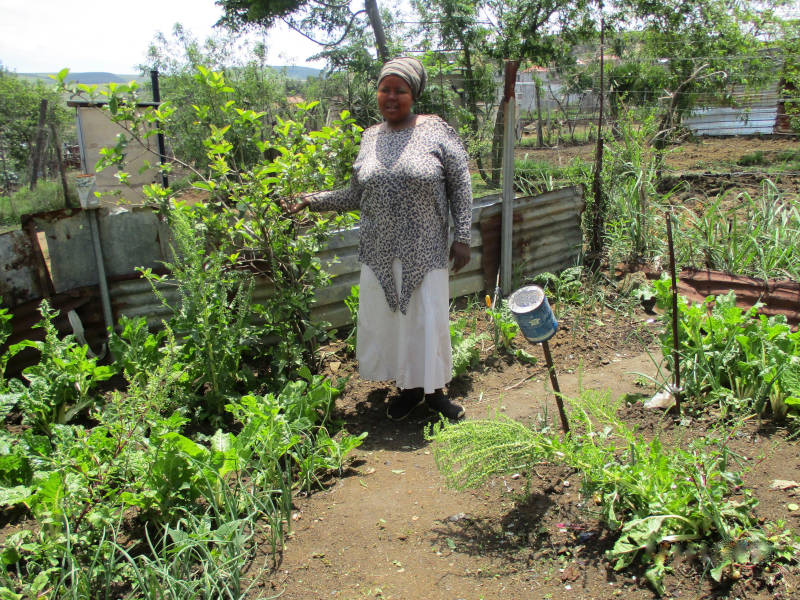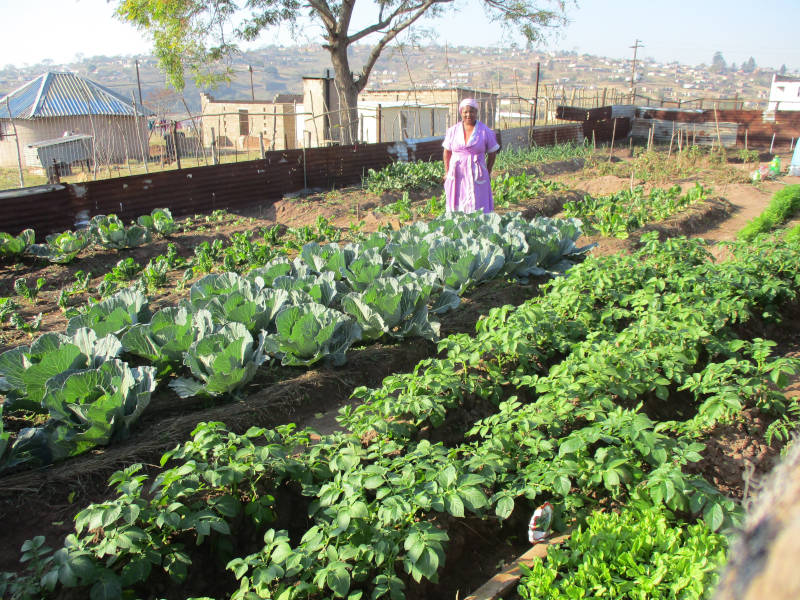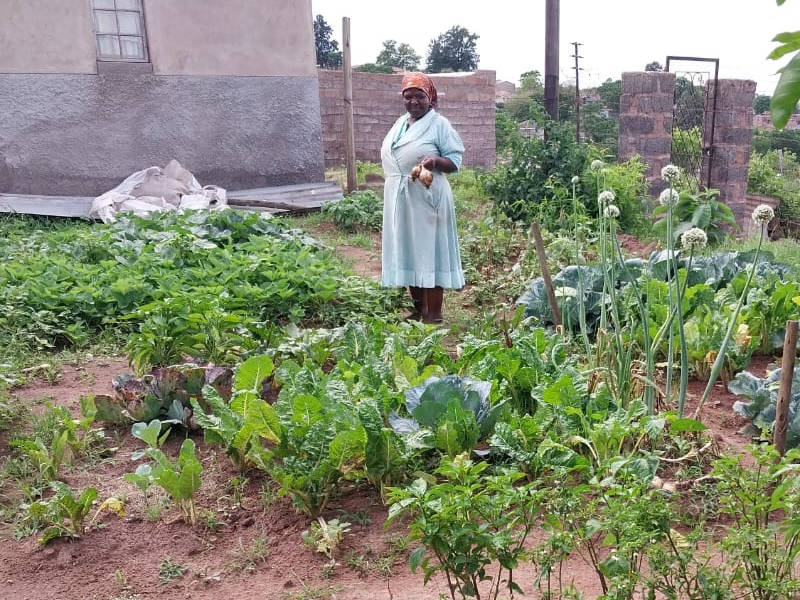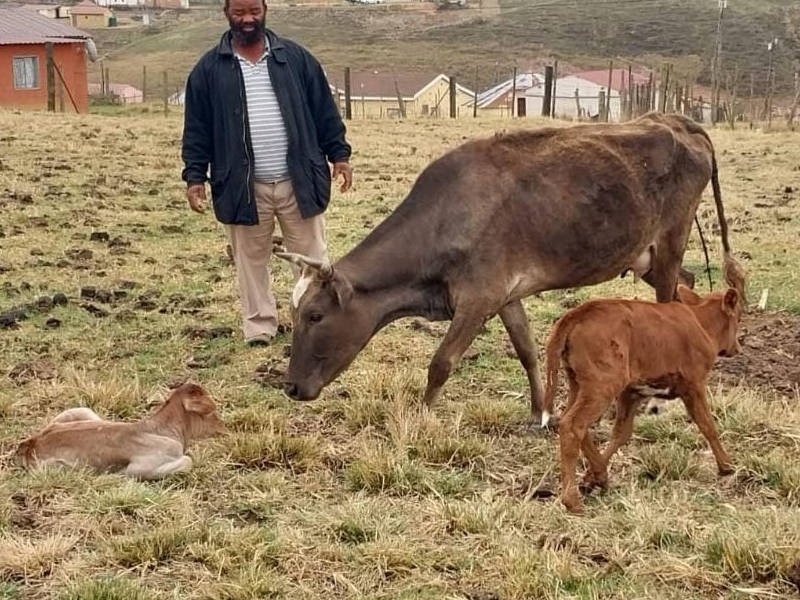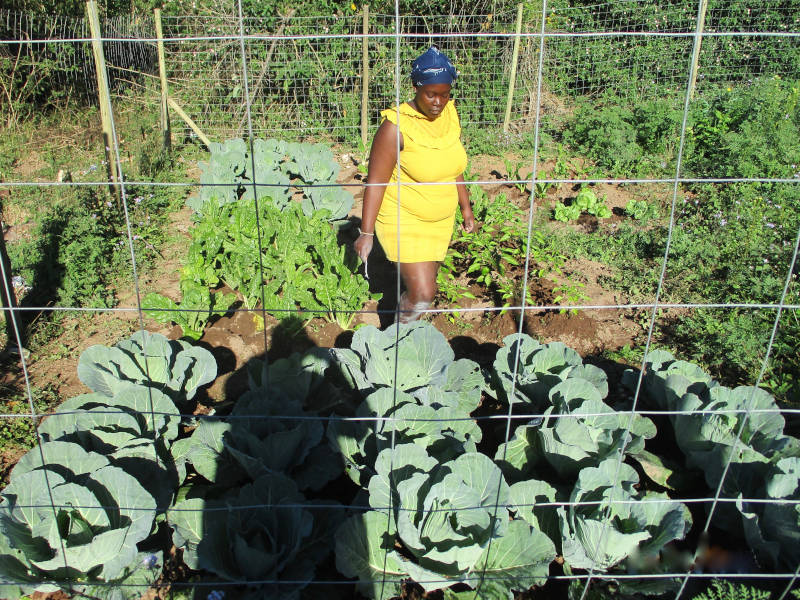PROGRAMMES
Sustainable Agriculture Programme – SAP
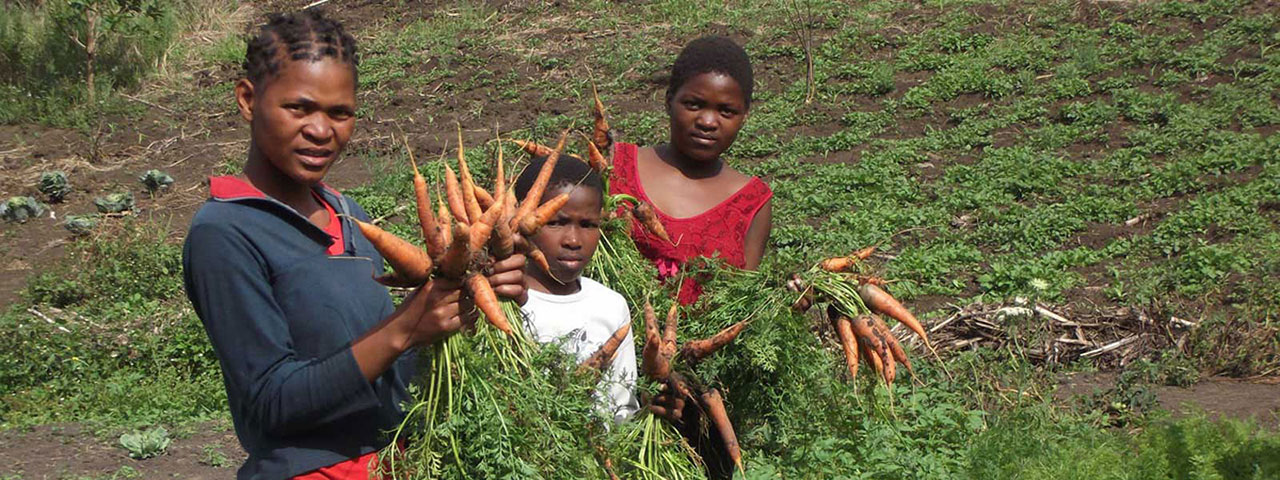
Overall purpose
The overall purpose is to use sustainable agriculture as a means to enable disadvantaged rural people (with a focus on small farmers and their families) to improve their livelihoods in a sustainable way and for them to influence and assist others to achieve the same.
SAP Objectives:
- To provide the most vulnerable rural families with the opportunities, passion and capacity.
- To become members of sustainable groups and community structures.
- To establish sustainable food security, which leads to improved family health and boosts the potential of their children physically and mentally.
- To produce surpluses for increased income.
- To address their basic needs in addition to food – housing, animals, education of children, etc.
- To make appropriate use of natural resources.
- To expose their children to farming activities from an early age.
- To benefit from appropriate exposure, awareness, education and home based care in terms of HIV and AIDS.
- To become role models in sustainable agriculture and promote a career in agriculture.
Strategies to achieve these SAP objectives:
- Identify the target area and the target group.
- Form and equip farmer groups to mobilise the community against poverty.
- Identify and capacitate Community Volunteers to assist in implementing the programme.
- Promote and facilitate the establishment of sustainable community structures.
Key Activities
These strategies are implemented through the key activities of planning, monitoring, evaluation, staff training, extension, education and training, networking and referral.
Use of Sustainable Practices
SAP promotes the use of:
- Sustainable agriculture practices such as increasing soil fertility, land preparation, water harvesting, seed saving, vegetable production, farm animal husbandry, marketing, crop production, natural resource management, fruit production, soil conservation.
- Sustainable development practices such as ownership, participation, self-reliance, multiplication, democratic principles, networking, referral, general education and training, and a focus on women as the “window” to the family.
Planning, Monitoring and Evaluation (PME)
SAP has a PME system that focuses on the following main elements:
- Programme Performance: Key Performance Indicators (KPI’s) have been identified to measure the progress and achievements of SAP, with particular emphasis on the objectives, strategies and activities. A monthly progress monitor is produced to track all the KPI’s.
- Impact Assessment: Indicators are used to measure the impact of SAP on participants. The Impact Indicators cover the broad areas of change in the target group namely, Appearance, Behaviour, Sustainable Agricultural Practices, Finance, and Community Structures. These indicators are linked to a baseline survey form, which is completed for each participant and used as an instrument against which change can be measured and assessed. The Programme Impact is normally measured through evaluations, which are conducted from time to time.
- Field audits: A field auditing system has been developed to assess the performance of field staff.
The benefits of the SAP programme for the target group:
- Sustainable household food security is established leading to improved family health, which in turn boosts the potential of their children physically and mentally.
- Self esteem is increased.
- Surpluses are produced from their food gardens and crops and this leads to increased income. Increased income enables them to address other basic needs, ie. housing, education of children, care of animals, etc.
- Natural resources are used productively thereby saving on input costs and improving soil fertility.
- Establishment of groups and community governing boards with their benefits of implementing their own development programmes.
- Groups provide community care and mutual support for HIV and AIDS infected and affected people including orphans. Many farmer groups take care of HIV and AIDS sufferers and their families.
- Literacy and numeracy competencies are developed (if they decide to enlist for ABET).

